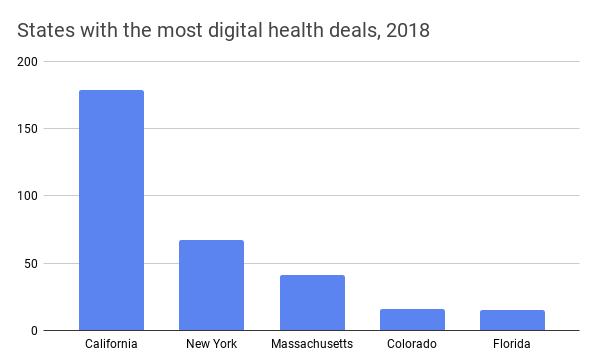Workers Need Education Culture to Adapt to AI Tech
AI shows great promise as a tool to improve healthcare, from perfecting operations through robotic surgery to reading medical imagery and automating diagnoses. New health technology, too, is expected to help individuals take control of their healthcare and track blood pressure as well as physical exercise.
The tech world has been working toward that goal and investors are convinced that new solutions are going to be popular and profitable. According to a story in Geekwire, last year venture capitalists increased U.S. digital health investments by 21% to $8.6 billion, according to a report from PwC and CB Insights. Total investment is the highest it’s ever been at $99.5 billion. The health sector alone has captured 8.6% of funding.
 The only problem with AI in healthcare is resistance from and a lack of preparation for workers, a story in HealthITAnalytics intimated. Its story quoted a report from the Brookings Metropolitan Policy Program, healthcare professionals will need to be educated, develop skills and adapt to a new workplace culture in which data and machines play a larger role. Both the government and companies will need to commit to a culture of life-long learning to keep people current on computer programs and the new hardware that will be integrated into the workplace.
The only problem with AI in healthcare is resistance from and a lack of preparation for workers, a story in HealthITAnalytics intimated. Its story quoted a report from the Brookings Metropolitan Policy Program, healthcare professionals will need to be educated, develop skills and adapt to a new workplace culture in which data and machines play a larger role. Both the government and companies will need to commit to a culture of life-long learning to keep people current on computer programs and the new hardware that will be integrated into the workplace.
According to the report, “Change will most naturally and urgently begin within companies, where firms and their existing workers will mutually experience the need for skills changes. An important starting point will be to increase the prevalence of employer-led training.”
Additionally, government investment is key, the report stated. “Governments should also incentivize on-the-job training and tuition assistance, the authors said, which will help establish an environment of lifelong learning and skill development. In academic and training settings, leaders should refine and scale up their technology and coding education efforts. … The federal government needs to increase research and development funding on AI, automation, and associated technologies in order to ensure that technology develops effectively and humanely.”
A new culture of learning will help drive economic growth. But it will also rely on the input from the people who will develop it.
“Also critical are urgent investments in the development of effective human-AI collaboration; humane and ethical automation and AI; and the legal and societal implications of these technologies.”
While the report looks far beyond the next few years, current investments are a sign of things to come, in which individuals are more active in seeking better health. The three largest health-related company investments last year weren’t all in the medical arena—they are also in the fitness realm.
In fact, $450 million, the most money, went to Peleton, the New York-based company that makes high-tech stationary bikes and live workout classes. The second highest investment was in Zymergen, at $400 million. It engineers microbes for a variety of uses, including genetic research. SmileDirectClub gained a $380 million investment for its invisible home teeth-straightening service.
read more at healthitanalytics.com








Leave A Comment